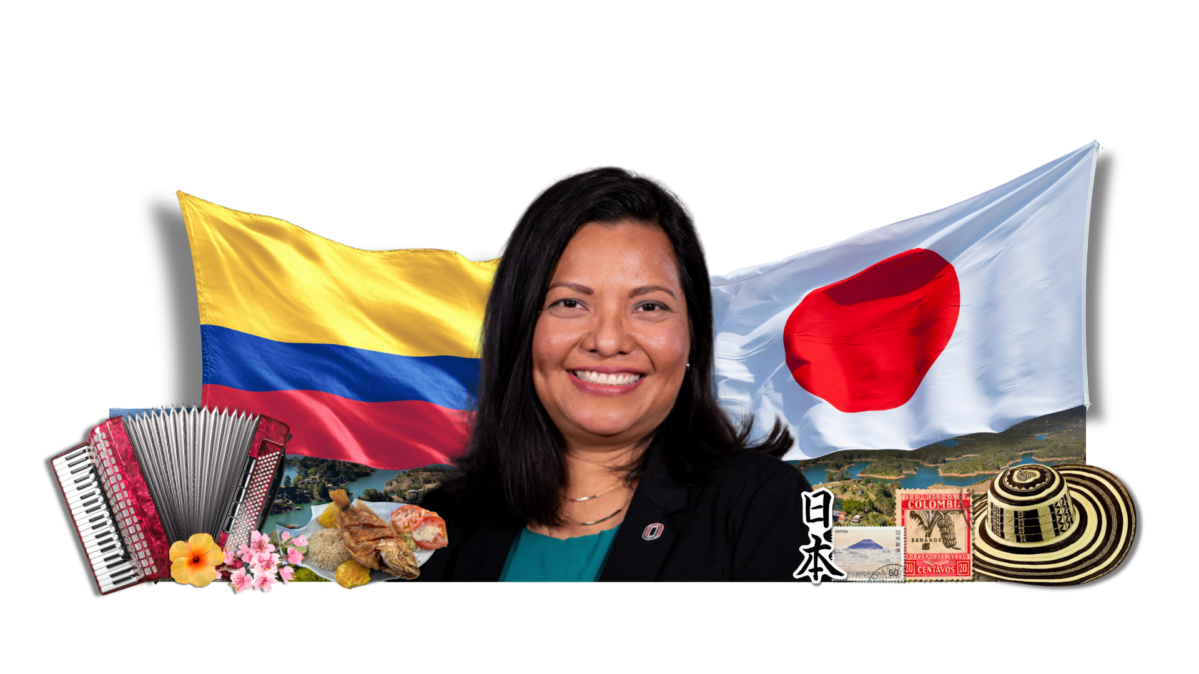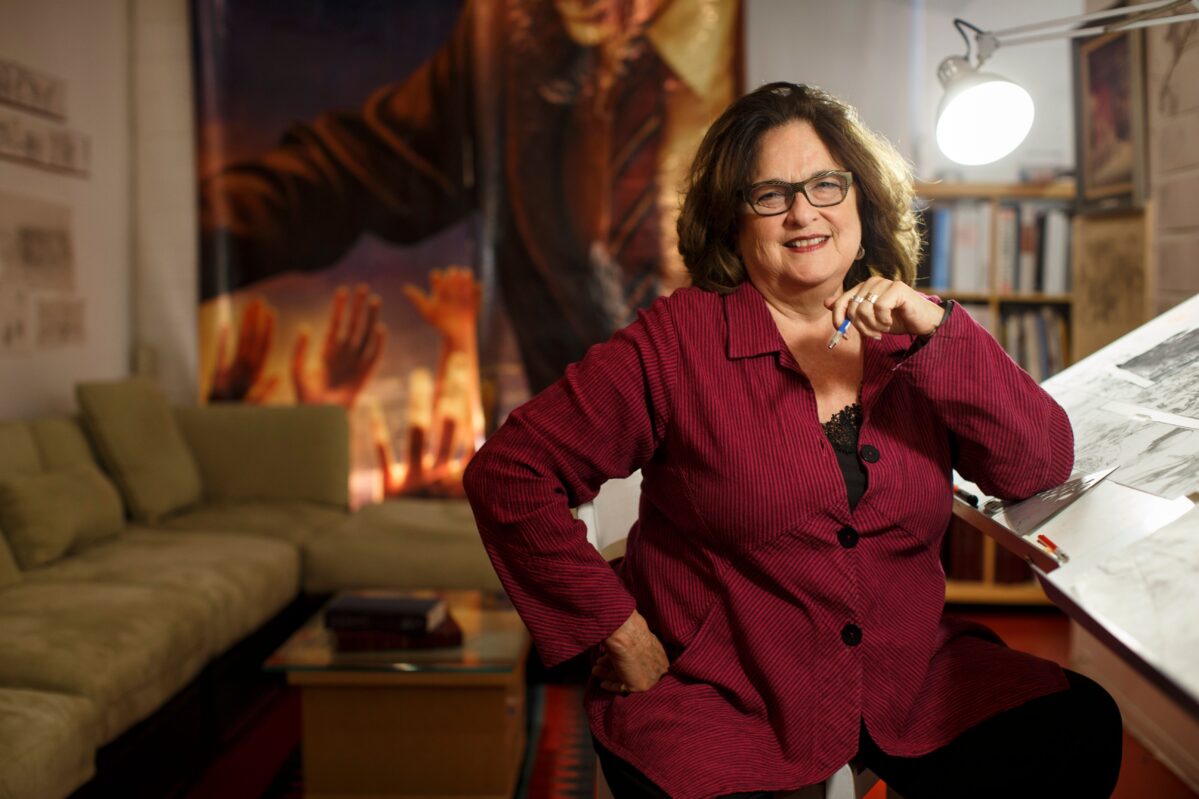Cultura
The Latino Center of the Midlands is a place where being Latino, Latina, or Latinx is celebrated. We’re a community center where culture thrives; a place where the door is open to everyone. Our community comes from many different countries and we created this page to celebrate that diversity.
Cultural Spotlight
I was born and raised in Barranquilla, Colombia, and I am also a third-generation Japanese descendant through my grandfather on my father’s side of the family. While most of my upbringing was rooted in Colombian culture, my father made sure I stayed connected to my Japanese heritage, encouraging me to learn the language, traditions, and values of Japan. This upbringing shaped me into someone who proudly identifies as bicultural. From my Colombian culture, I learned the importance of family, community, and staying connected across generations. We are warm, welcoming, and deeply social, with music, dance, food, and gatherings at the center of our lives. From my Japanese heritage, I gained an appreciation for discipline, organization, respect, and attention to detail. These two cultures blend naturally in my daily life, balancing expressiveness and joy with structure and mindfulness and continue to shape how I relate to others, approach responsibilities, and find harmony between community and personal growth.
Yuriko Duko
LCM Board Member, UNO

Sayings and Slang
Sale más barato vestirte que alimentarte – It’s cheaper to buy your clothes than to feed you (Venezuela)
This phrase is used to tell someone they eat a lot.
Calzones amarrados no caen – Fastened underwear doesn’t fall (Ecuador)
Means that the brave don’t lose the fight.
Chongo – Ponytail (Mexico)
Depending on the region of Mexico, this word refers to a ponytail.
Bile – Bill (Spanglish)
Most of our staff are bilingual, and at our office, you’ll hear a variety of Spanglish words. The correct word in Spanish is cuenta.
- Don’t worry my love, I’ll pay the bill. I want to spoil you for Valentine’s Day!
- No te preocupes mi amor, yo pago la cuenta. ¡Quiero concentirte por el día de Valentín!
Trailblazer
Dr. Judith F. Baca | Chicana Artist
Dr. Judith F. Baca is a renowned Chicana artist, activist, and scholar whose life’s work has transformed public art into a powerful tool for social change. In 1976, she founded the Social and Public Art Resource Center (SPARC) and led The Great Wall of Los Angeles, one of the longest murals in the world, documenting the often overlooked histories of marginalized communities. For decades, she has worked alongside communities to empower youth of color to tell their stories, develop leadership, and claim space in the public landscape. By bridging art, history, and activism, Dr. Baca sparks dialogue and strengthens community pride across generations. Her legacy lives not only in iconic murals but in communities transforming their narratives and reclaiming their voices through art.

